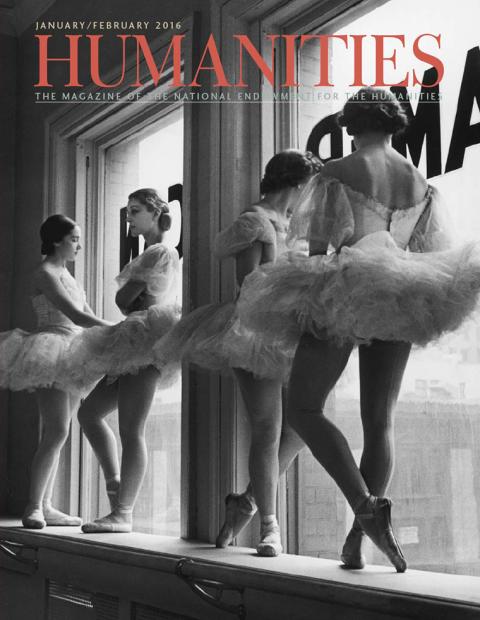In its review of the third volume of The Letters of Ernest Hemingway, 1926–1929—funded by NEH and published in October 2015 by Cambridge University Press—The Daily Beast offers readers a selection of the expat’s loving missives on the City of Light. In a letter dated September 1928 to fellow journalist Guy Hickok, written from the States, Hemingway admits he is “cockeyed nostalgique for Paris.” Among the things he misses, he writes, are “Buffalo and the Parc du Prince.” Both were velodromes, and the high speed, skill, and danger of the cycling events certainly would have appealed to the safari hunter and trophy fisherman that he became. Something else he missed, though, was “riding down the Champs Elysees on the bike from the Etoile to the Concorde.”
The image of Hem on two wheels is not the first that springs to mind for anyone who has read The Sun Also Rises and A Farewell to Arms, both published during the volume’s time frame. In Paris the writer liked to drink: Cinzano and Lipp’s Beer and Bordeaux, of which, he admits, “I could drink 200 bottles of St. Estephe.” And it’s difficult, at first, to tell if he’s speaking literally or figuratively when he writes to Ernest Walsh in April 1926 that “my writing is shaky from 9 hrs at the 6 day bike race with a fiasco—completo—of chianti and 2 btls. Volnay. He goes on: “Maybe that wouldn’t make your hand shake but it makes my hand shake.” A Hemingway on wheels, we might think after reading this, would be about as steady as a Proust on skates.
“It’s the fodder the writer extracted from his letters and used in his later fiction,” observes Nick Mafi in Esquire, “that makes The Letters so crucial for aspiring writers.” That may be true, too, of the demands he placed on himself as a writer. In this letter to his friend Waldo Peirce, we glimpse the kind of artist he was (he wrote 48 titles for A Farewell to Arms before settling): “My god it is hard for anybody to write. I never start a damn thing without knowing 200 times I can’t write—never will be able to write a line—can’t go on—can’t get started—stuff is rotten—can’t say what I mean—know there is a whole fine complete thing and all I get of it is the bacon rinds.” Budding authors, take note.
Just for the record, we have it on very good authority from biographer Ronald Hayman and poet Anthony Hecht that Proust—improbable as it might seem—could cut the ice with the best of them.

